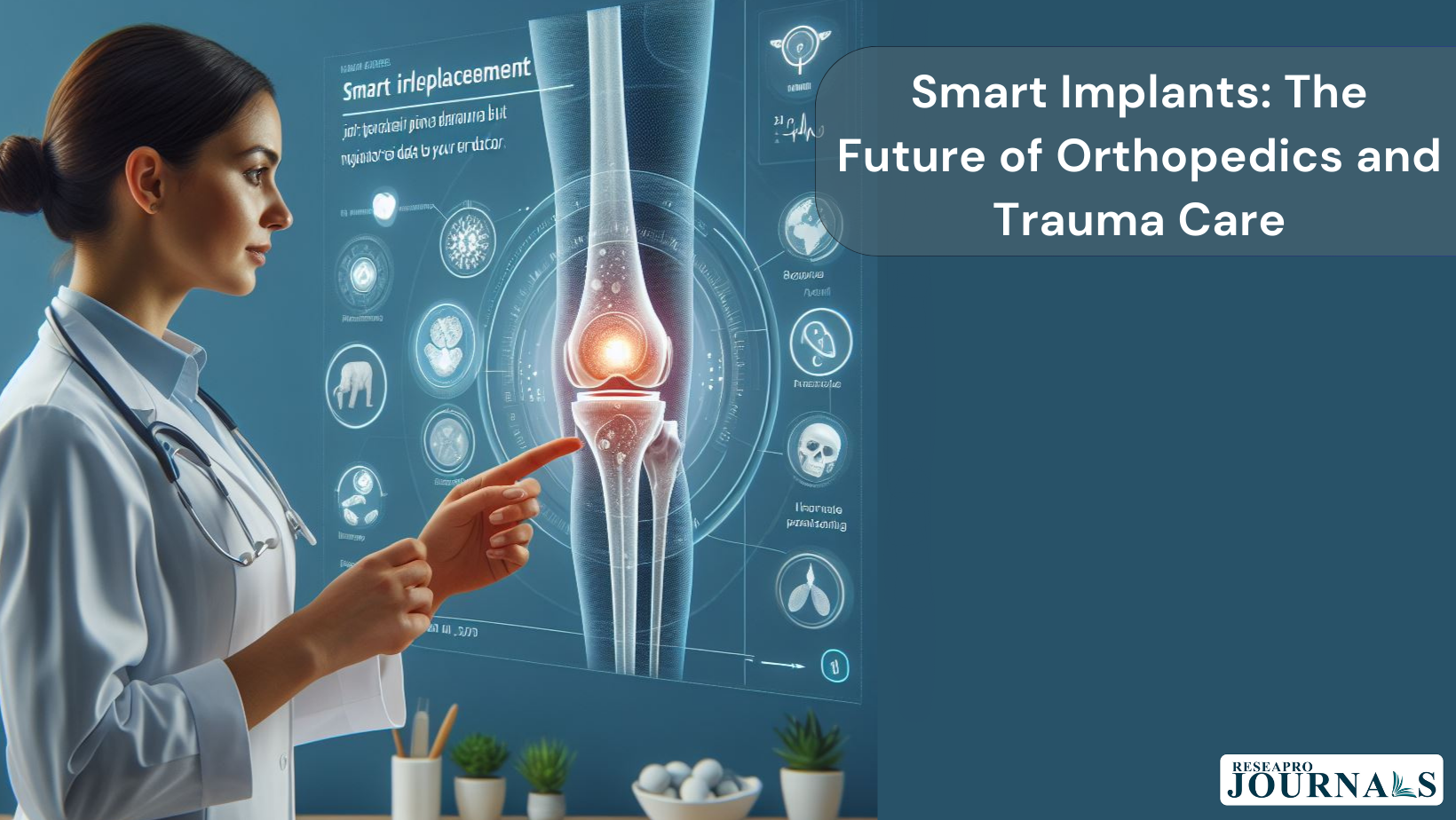|
Getting your Trinity Audio player ready...
|
The field of orthopedics is undergoing a significant transformation with the emergence of smart implants and sensor-based technology. These innovative devices are not only improving the accuracy and efficiency of surgery, but they are also revolutionizing patient care by providing real-time data on healing, recovery, and potential complications.
Here’s how SMART technology is changing the game in orthopedics:
• Intra-operative precision: Sensor-guided instruments are aiding surgeons in achieving greater accuracy during surgery, leading to improved patient outcomes.
• Post-operative monitoring: Smart implants continuously monitor vital information such as temperature, pressure, and strain, enabling early detection of problems like infection or implant loosening.
• Personalized rehabilitation: Sensor-based data helps tailor rehabilitation programs to each individual patient’s needs, accelerating recovery and improving long-term function.
Specific applications of SMART technology in orthopedics include:
• Arthroplasty: Smart implants are being developed for joint replacements, allowing surgeons to assess ligament balance and monitor for prosthetic loosening.
• Trauma surgery: Sensors are being used to monitor bone healing, distraction osteogenesis, and functional recovery after surgery.
• Spine surgery: Smart implants can help identify and protect neural elements during surgery, and they can also be used to assess fusion across instrumented levels.
• Pediatric orthopedics: Sensor technology is being used to monitor compliance with corrective braces and other treatments for conditions like congenital talipes equinovarus.
• Sports medicine: Biomechanical data from sensors can help athletes optimize their performance and reduce the risk of injuries.
Benefits of SMART technology:
• Improved surgical accuracy
• Early detection of complications
• Personalized rehabilitation
• Enhanced patient outcomes
• Reduced healthcare costs
The future of SMART technology in orthopedics:
• New generation of implants with more advanced sensor capabilities
• Cost-effective solutions to make SMART technology accessible to all patients
• Integration with artificial intelligence and machine learning for data analysis and personalized treatment plans




